Surge in EU organised crime is hampering economic recovery
Europol claims 3,600 criminal syndicates operating across Europe dealing in £2bn black market
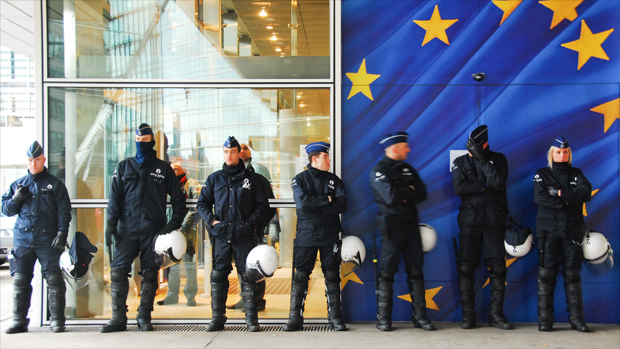
A free daily email with the biggest news stories of the day – and the best features from TheWeek.com
You are now subscribed
Your newsletter sign-up was successful
THE recession has created a boom in organised crime across Europe, as the demand for cheap, counterfeit goods has bolstered the black market. Rob Wainwright, the head of Europol, the EU's crime-fighting agency, said there are now 3,600 criminal syndicates across the continent selling counterfeit goods worth around €2bn. As a result, the illegal trade is hampering the EU's economic recovery.
Wainwright told the Financial Times that while the black market used to be about Gucci handbags, the financial crisis has created a call for anything from cheap household detergents to aircraft engine parts. Europol has also seen a rise in counterfeit products that are health and safety hazards, such as medicines and food. These accounted for 28.6 per cent of all seized fake goods in 2011, up 14.5 per cent from 2010. According to Wainwright, a decline in spending power significantly increases social tolerance for the black market. The financial crisis has also created a willingness by companies to cut costs by using illegal labour, leading to breaches of the minimum wage and fuelling people-trafficking networks. Criminal gangs have also been cashing in on attempts by EU countries to boost their economies by increasing tax revenues. The decision by some member states to raise VAT has spurred a growth in falsified claims. VAT fraud is now estimated to be worth €100bn a year across Europe. In 2011, the UK increased VAT from 17.5 per cent to 20 per cent, making any fake claim instantly more profitable. Wainwright also warned about the new breed of cyber criminals who operate in gangs, combining computer hackers and financial experts, who then target weaknesses in financial service groups. The gangs often use 'botnets', where a hacker remotely controls other computers to launch attacks. When asked whether these type of crimes were hampering the EU's economic recovery, Wainwright said: "Yes, I think the short answer to that is yes . . . there is a deliberate exploitation of our global economic conditions."
A free daily email with the biggest news stories of the day – and the best features from TheWeek.com
The Week
Escape your echo chamber. Get the facts behind the news, plus analysis from multiple perspectives.

Sign up for The Week's Free Newsletters
From our morning news briefing to a weekly Good News Newsletter, get the best of The Week delivered directly to your inbox.
From our morning news briefing to a weekly Good News Newsletter, get the best of The Week delivered directly to your inbox.
-
 The environmental cost of GLP-1s
The environmental cost of GLP-1sThe explainer Producing the drugs is a dirty process
-
 Greenland’s capital becomes ground zero for the country’s diplomatic straits
Greenland’s capital becomes ground zero for the country’s diplomatic straitsIN THE SPOTLIGHT A flurry of new consular activity in Nuuk shows how important Greenland has become to Europeans’ anxiety about American imperialism
-
 ‘This is something that happens all too often’
‘This is something that happens all too often’Instant Opinion Opinion, comment and editorials of the day
-
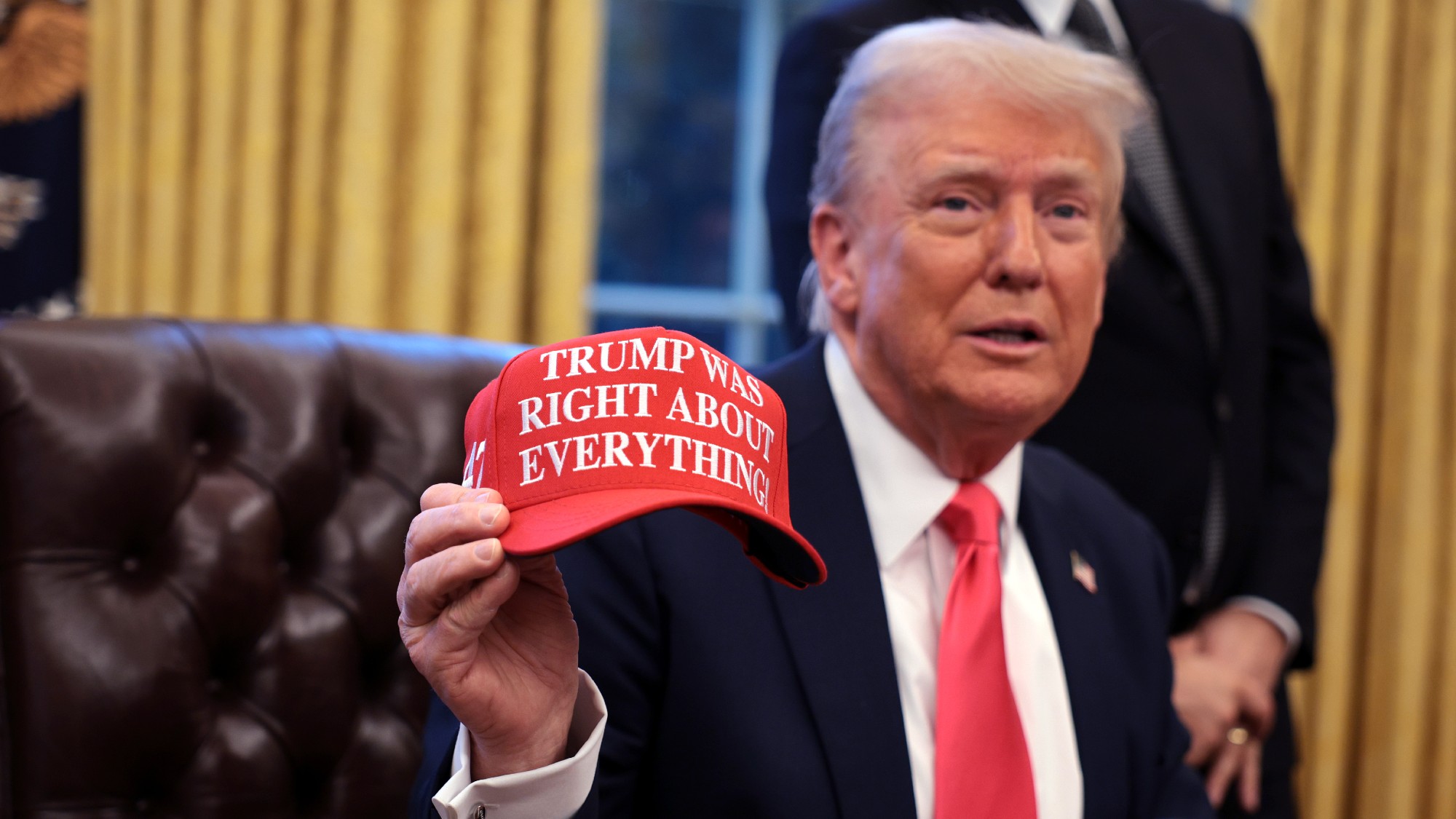 Is Trump's tariffs plan working?
Is Trump's tariffs plan working?Today's Big Question Trump has touted 'victories', but inflation is the 'elephant in the room'
-
 Is Brexit to blame for the current financial crisis?
Is Brexit to blame for the current financial crisis?Talking Point Some economists say leaving the EU is behind Britain’s worsening finances but others question the data
-
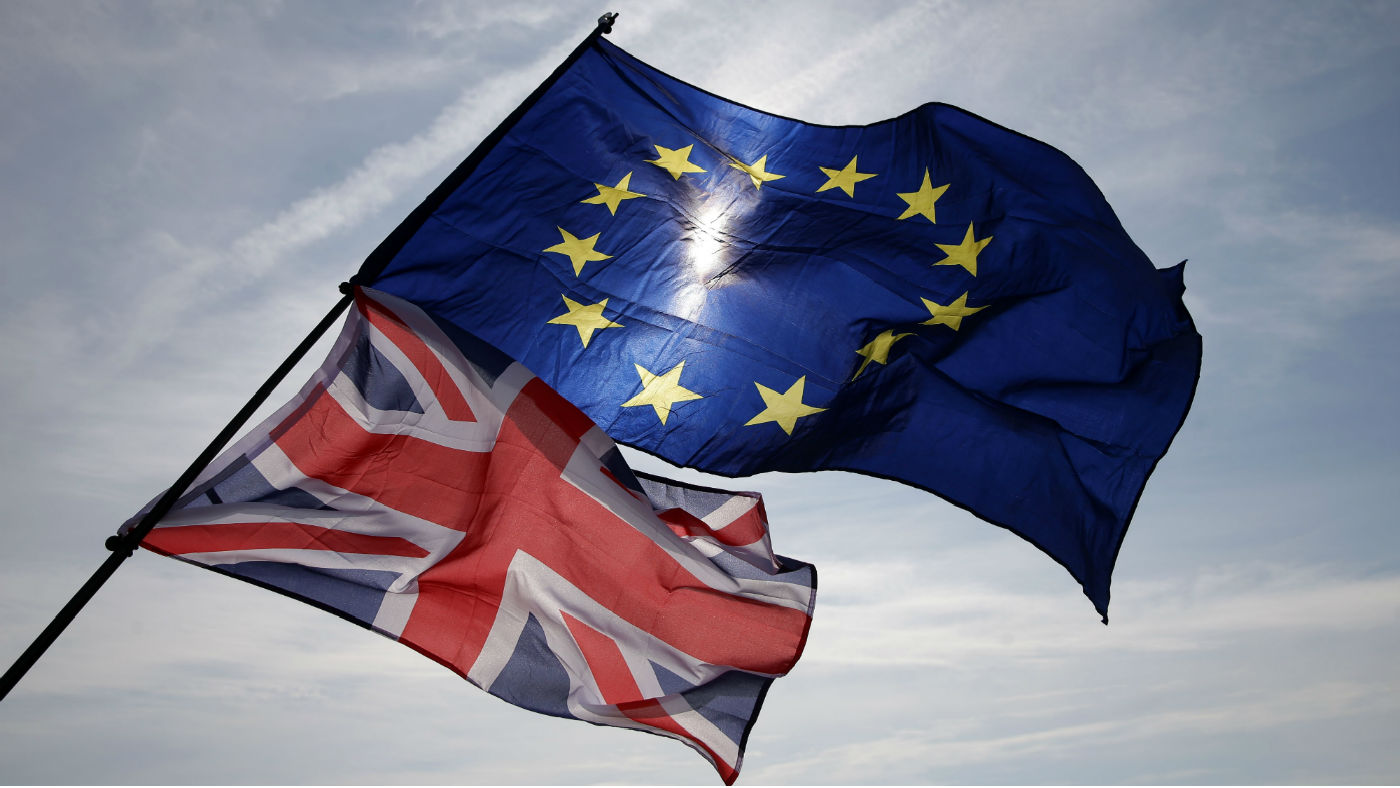 Deal or no deal: showdown Brexit talks resuming in Brussels
Deal or no deal: showdown Brexit talks resuming in BrusselsIn Depth CBI says trade agreement ‘can and must’ be reached - but Irish Taoiseach is not optimistic
-
 Why Europe may face an oil shortage within a decade
Why Europe may face an oil shortage within a decadeSpeed Read New analysis suggests supply set to fall at faster rate than shift to greener alternatives
-
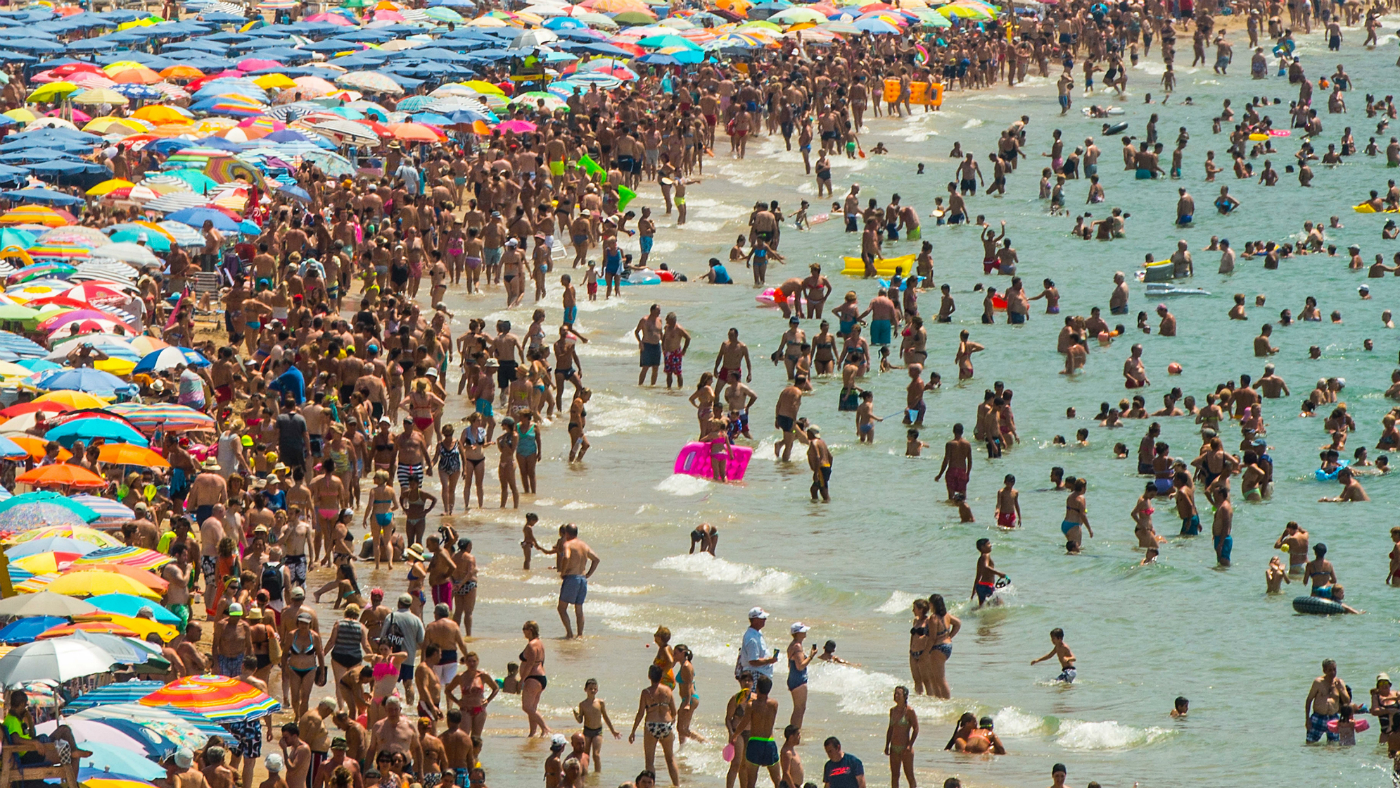 Are British tourists boycotting the EU?
Are British tourists boycotting the EU?In Depth Thomas Cook says more Brits are looking outside the EU for their summer holiday
-
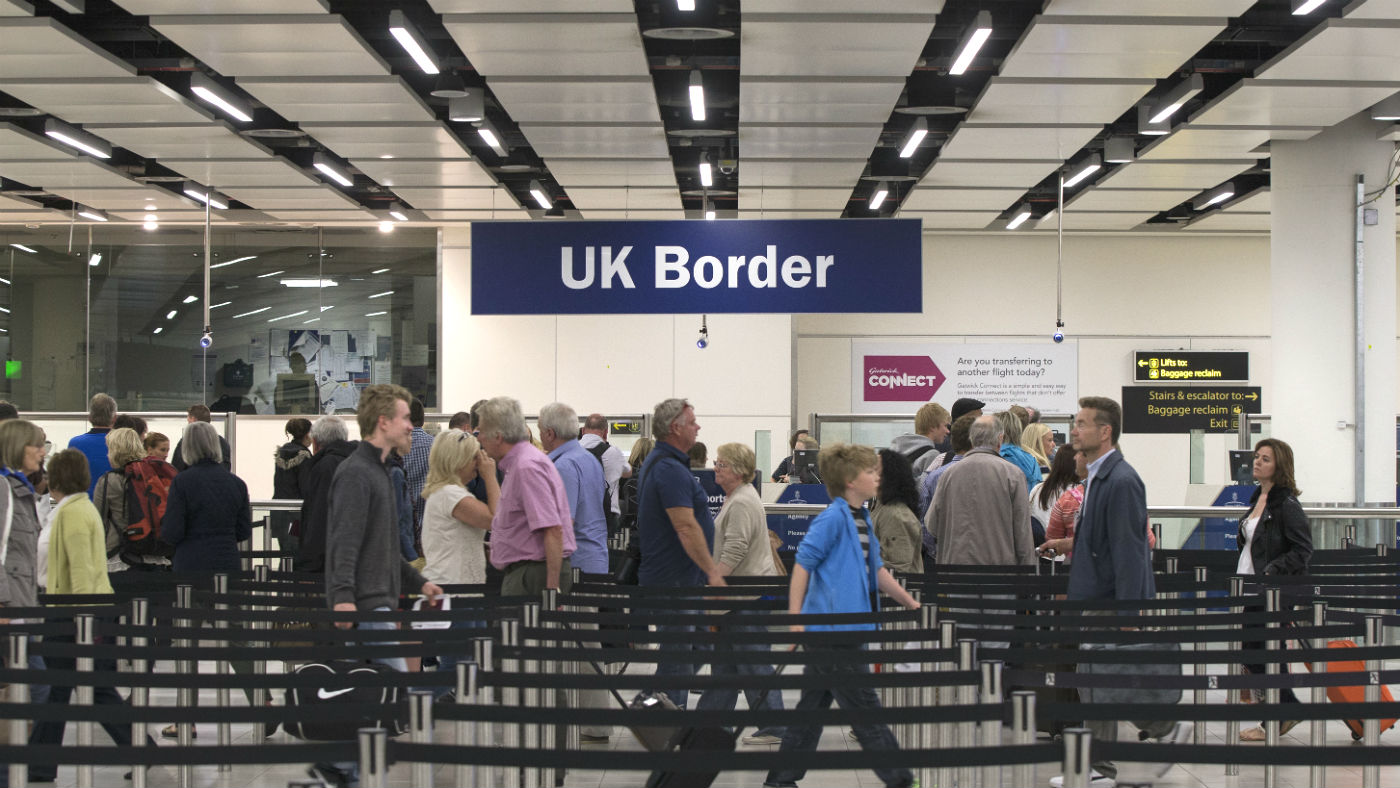 How will Brexit affect immigration?
How will Brexit affect immigration?In Depth Business leaders urge Government to scrap ‘blunt migration targets’ amid fears of labour shortfall
-
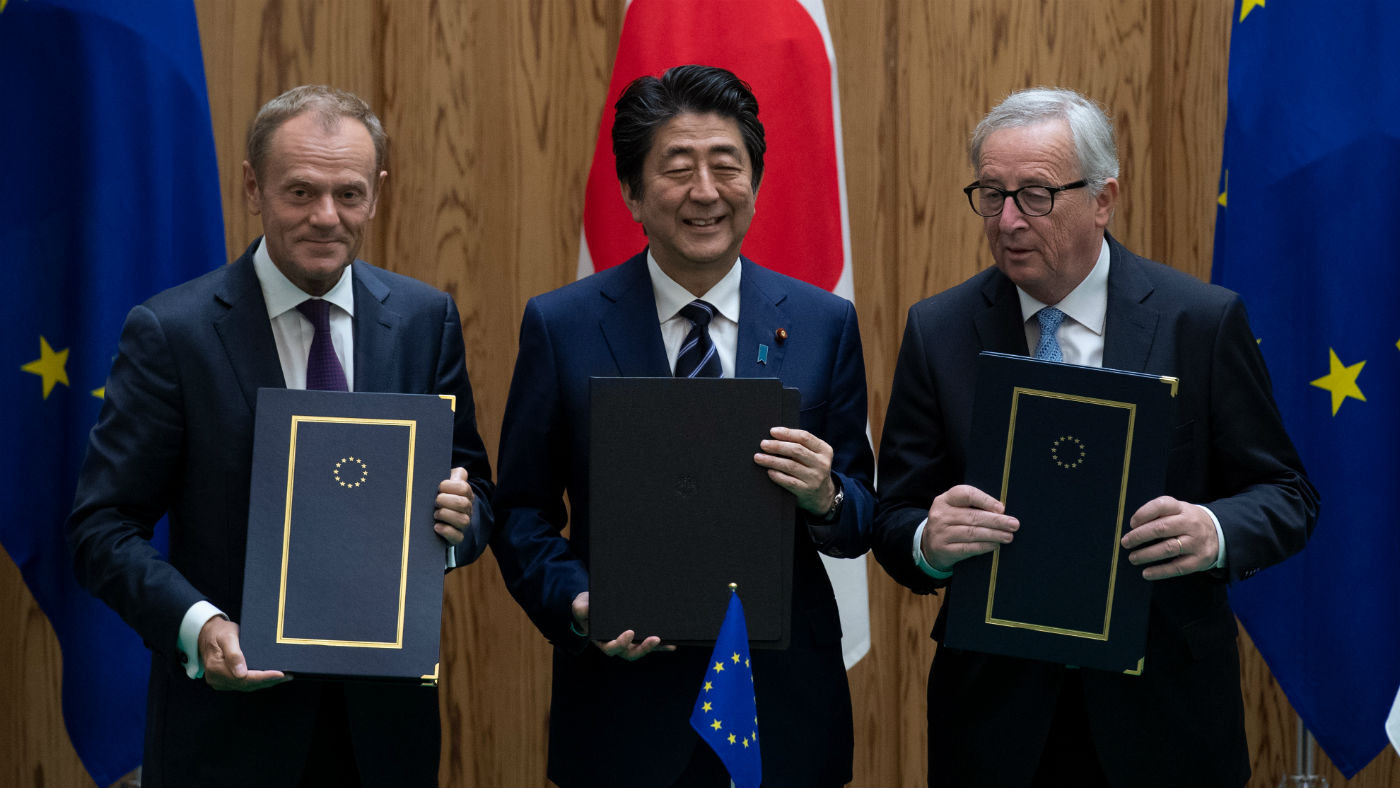 EU and Japan sign free trade deal
EU and Japan sign free trade dealSpeed Read Both sides hope wide-ranging agreement will act as counterweight to Trump’s protectionist forces
-
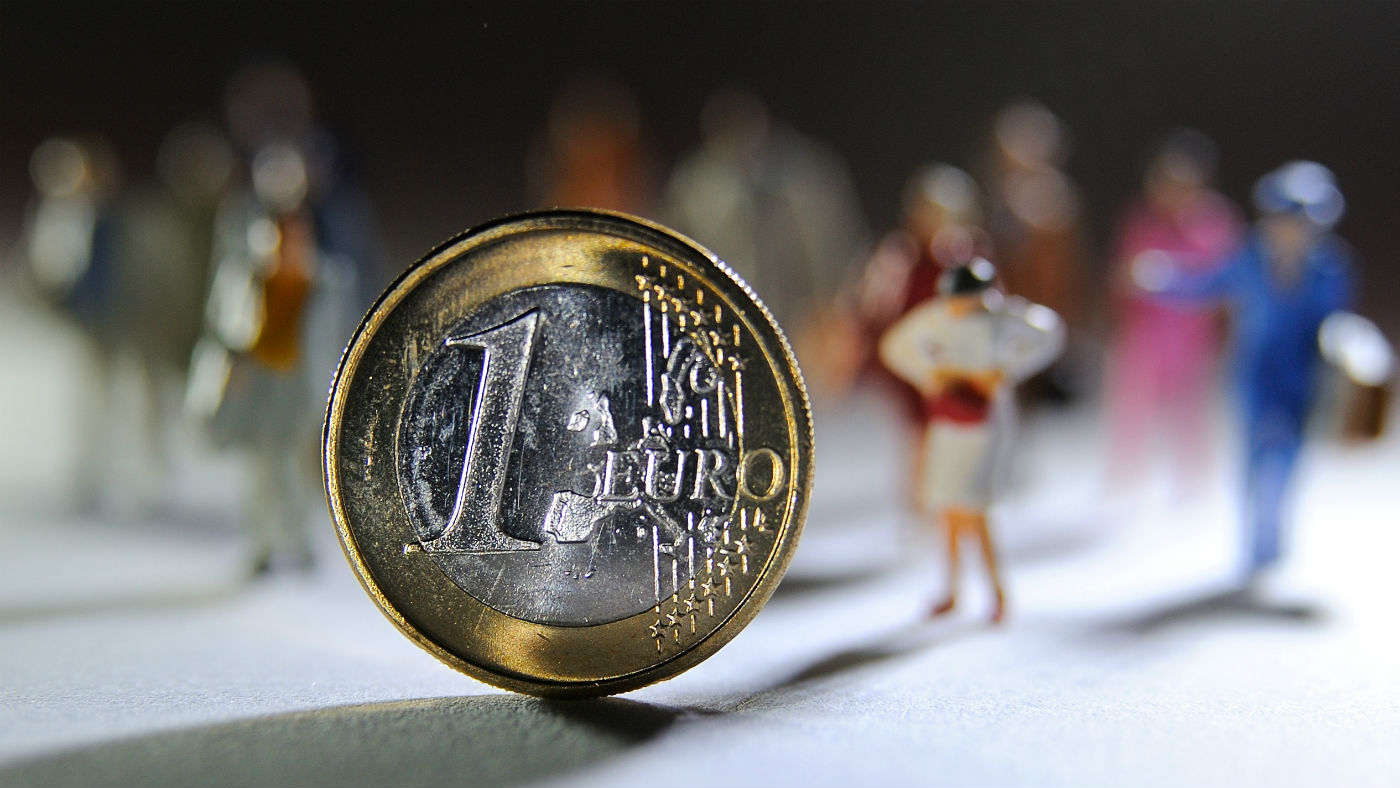 EU budget: more money for ever-closer union
EU budget: more money for ever-closer unionIn Depth The EU seeks to fill its post-Brexit funding shortfall with a new seven-year budget